SUMI TONOOKA
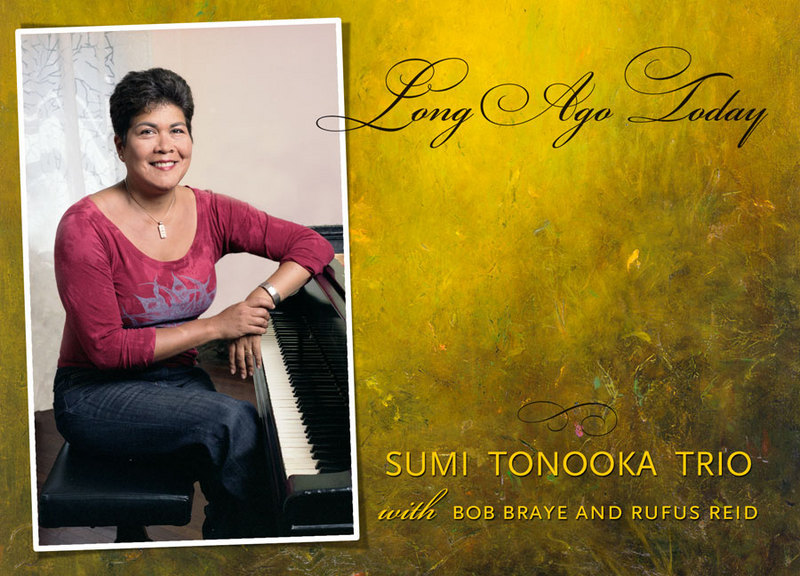
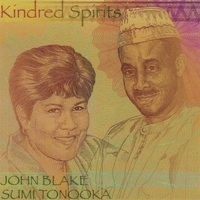
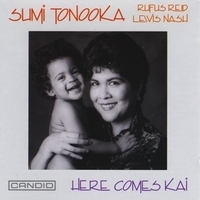
Sumi Tonooka's first professional stint at 18 was with
the Philly Joe Jones quartet, Le Grand Prix. She went on to perform with Kenny
Burrell, Little Jimmy Scott, Sonny Fortune, Red Rodney, Benny Golson and David
Fathead Newman. Ms. Tonooka holds a Bachelor of Music degree from Philadelphia
College of Performing Arts. She studied piano with Bernard Peiffer, Susan Starr,
Mary Lou Williams, and Stanley Cowell, and received additional training in piano
and composition from Madame Margaret Chaloff of the New England Conservatory of
Music. In addition to her jazz recording and performing, she has composed for
film and dance. Japanese-American and African-American by background, Sumi
Tonooka has also broken new ground in her extended compositions blending
Japanese musical instrumentation with jazz. Her 1988 work, “Out from the
Silence,” for koto, shakuhachi, and jazz ensemble, was commissioned by the
Japanese-American Citizens League to commemorate the 50th anniversary of the
World War II ”era internment of Japanese-Americans. JazzTimes called the music
“spellbinding.” In 1993 a commission from Meet the Composer and an NEA Jazz
Fellowship enabled Ms. Tonooka to continue exploring new musical territory
combining Eastern and Western musical idioms. In December, 1993, this led to the
New York premiere of the Taiko Jazz Project, wherein 8
interrelated pieces based on the I Ching were scored to feature taiko master
Kenny Endo, together with some of the most highly respected players in jazz.
Since then, the Taiko Jazz Project has appeared on both coasts in trio and
sextet aggregations. Tonooka's career has been chronicled on several highly
regarded jazz books, including Living The Jazz Life by Royal Stokes, ln The
Moment by Francis Davis, and Madamme Jazz by Leslie Gourse (all on Oxford
University Press). She now divides her time between composing, teaching, and
performing for an increasingly widespread audience of jazz aficionados who have
discovered her wide ranging talents. [Source]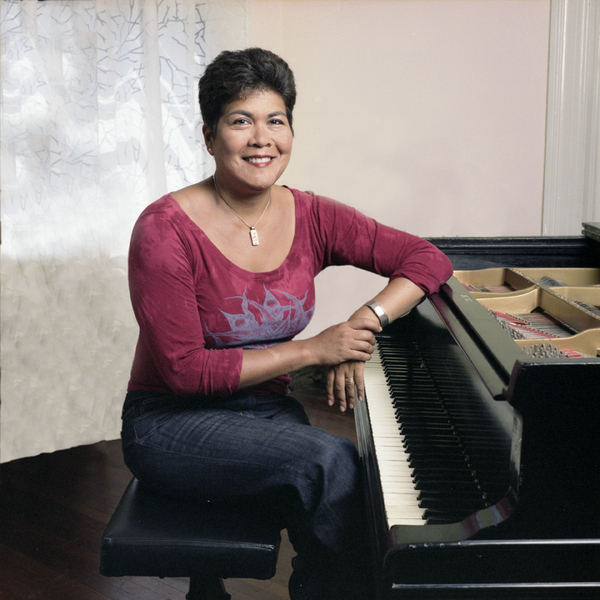
Sumi Tonooka
The NOW project is especially important to me because it will help me to establish myself as a solo artist and allow me to tour performing solo. The music on the CD is the culmination of thirty years of personal growth and playing professionally.
One of my goals for this recording was to honor my teachers and musical influences. To that end, I added a Mary Lou Williams medley to the program. Mary Lou was a great jazz pianist and composer whose life and music spanned much of the history of jazz through her death in 1981. In Duke Ellington’s book Music is My Mistress, Ellington put it this way: “Mary Lou Williams is perpetually contemporary, her music maintains a quality that is timeless. She is like soul on soul.”
I was fortunate to have studied with Mary Lou in my late teens and I thought I would share a few memories from my first lesson piano lesson with her because I think it’s pertinent to the NOW project. I believe this was during a time when Mary Lou had recently started performing again after a long hiatus when she had stopped playing piano altogether to do charity work. I had a strong sense that she herself had paid a lot of dues, that her life had not been easy, but that she was having a resurrection of sorts and using it to rise again through her music.
I was nineteen at the time and took the train up to New York with my mother, Emiko Tonooka (who was just as excited as I was!). We walked across Central Park in the snow to get to the apartment in Harlem. Mary Lou wasn't quite ready when I got there, so I sat down to wait on the couch in her living room/studio. As you might imagine, I was nervous. When she came in, one of the first things Mary Lou told me was that Thelonious Monk, Bud Powell and Dizzy Gillespie had all used to hang out in that very room at the piano. She told me they would exchange ideas, play new tunes and talk about music. At that point she asked me to play for her.
I was very young and fairly green at the time, but not too young to understand that this better be good. I gulped inwardly and sat down to play one of my own compositions called “It Will Be Blue.“ When I was finished Mary Lou Williams said she really liked it and that she thought it sounded like a Herbie Hancock composition. It had a bass line on the last four measures that was in 6/8. After hearing it exactly once, she told me, “Play it like this,” and proceeded to recreate the entire tune by ear with just one rhythmic change on the very last note of the bass line. She placed it on the upbeat instead of the downbeat. It was startling to me that changing one note that way made the whole line lift and swing so much harder! (Of course, there was also the general “feel” of her playing, which I believe can only be gained through experience and truth.)
At that point she had me sit beside her while she played a minor blues, and I still remember my sense of awe and wonder to be there watching and listening to her, feeling her body move to the music, knowing I was in a different time and space. There was a deep spirituality in her playing, a unique quality of feeling in the blues. And so much history. I felt sanctified. When she was through she told me, “You have to go through the muck and the mud to play the blues.” She encouraged me to “just get out there and play.”
My performance of Mary Lou Williams music on this recording is one way I can thank and honor her, and to continue, after all these years to “get out there and play.”
You
are helping to honor her too by supporting this project! Please
invite your friends to back this project by pre-purchasing the CD or
Download, or to consider supporting the project in other ways listed
on the Kickstarter website. Even If only half of you help by
spreading the word and getting a few more people on board we can
make it to the finish line on time!
http://www.kickstarter.com/projects/281447800/sumi-tonooka-now
With deep gratitude,
Sumi

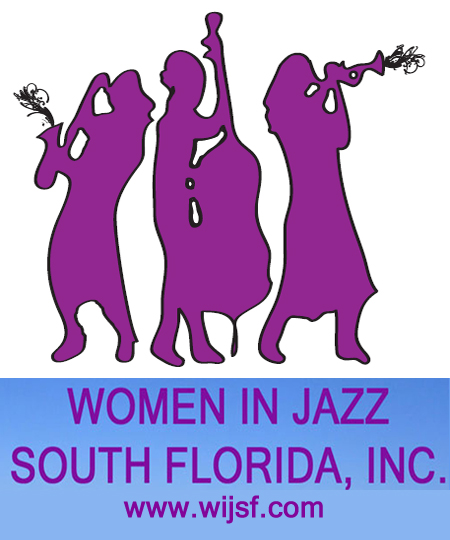
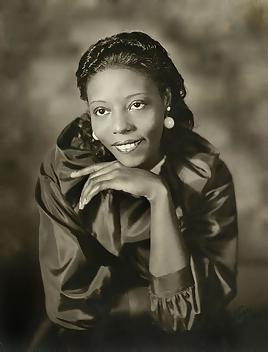

.jpg)